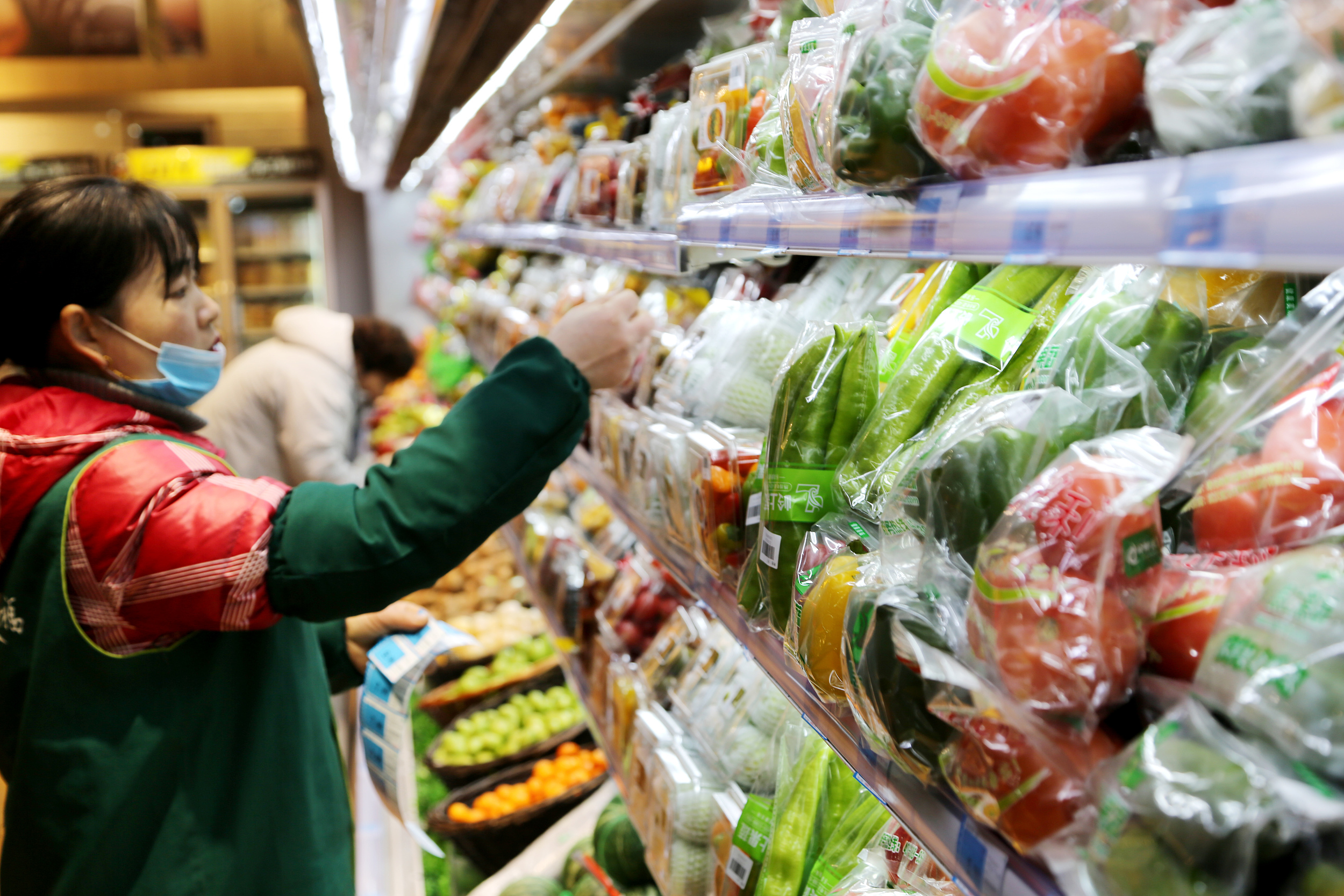
File photo: VCG
The current pork supply in China is sufficient, and the pork prices are generally stable as policies had been introduced to ensure hog production, said officials with National Development and Reform Commission (NDRC) on Sunday.
The output of alternatives such as poultry and aquatic products has also increased significantly, said Meng Wei, spokesperson for the NDRC.
The NDRC, together with other departments, has taken measures to ensure sufficient pork for the coming Spring Festival feasts.
For example, the release of frozen pork has been stepped up. From ten days before the Winter Solstice to the 15th day of the twelfth lunar month, a total of 150,000 tonnes of frozen pork have been released from the central reserve in six batches, said Meng. Local governments of major provinces and cities have also increased release in accordance with their conditions, Meng added.
Besides, a temporary subsidy has been introduced to protect the interests of low-income groups. Recent statistics showed that the temporary price subsidy provided for poverty-stricken people had reached 11.25 billion yuan, said Meng.
Meanwhile, the NDRC will enhance market regulation and maintain the market order by crashing down on hoarding and profiteering, price gouging, and other violations.
Pork prices in China soared last year as African swine fever battered the country's pork industry. The 110.2-percent surge in pork prices in November brought the same month CPI to 4.5 percent, almost an eight-year high. Pork prices began to ease after the country rolled out multiple measures.
Increasing imports from the U.S. meet consumers' needs
As China and the U.S. have signed the phase one deal, which includes the imports of pork and agricultural products, the NDRC said the two countries are highly complementary in economic and trade cooperation. It is also in line with China's high-quality development strategy.
The U.S. can provide quality products in the fields of energy, finished products, agricultural products, and medicine. Expanding imports from the U.S. echoes Chinese consumers' increasing needs for quality products and services, Meng explained.


